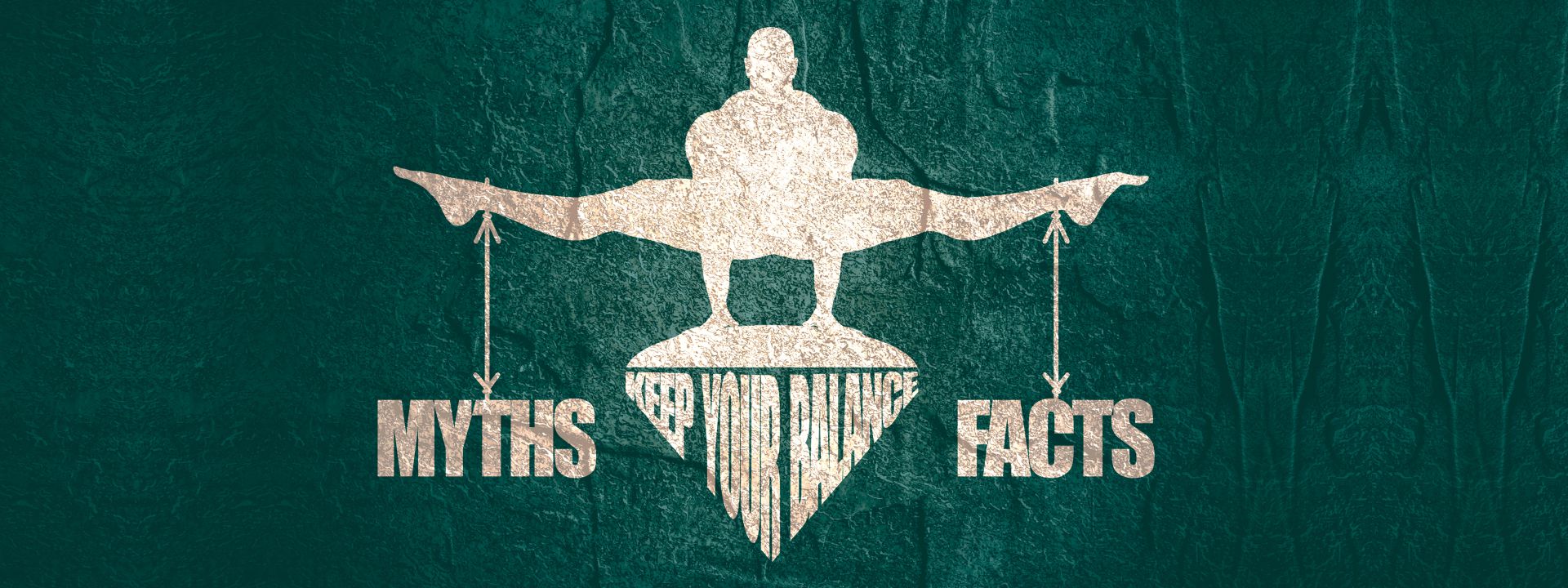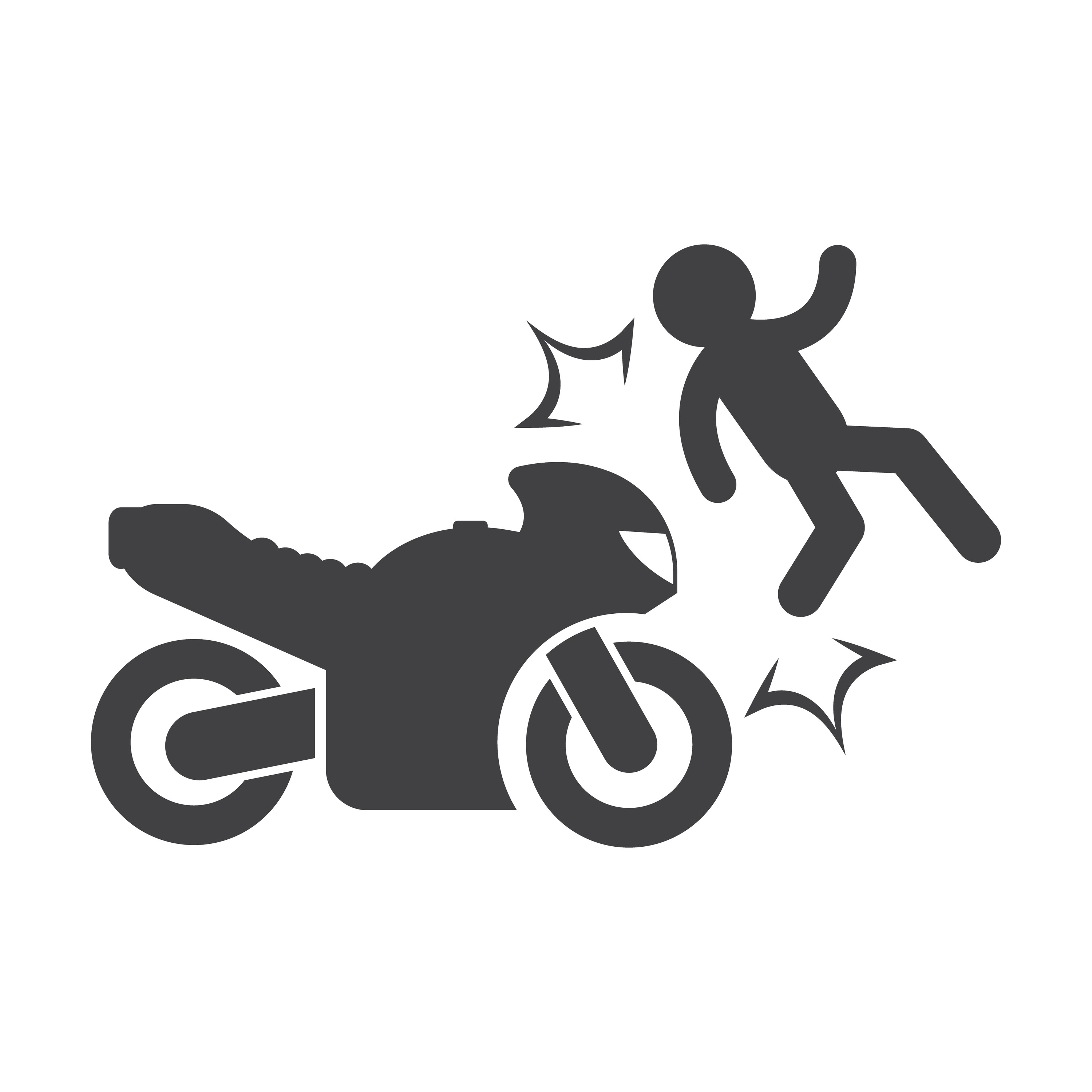Health Disease
Your body is the most priceless possession. After all, you have to dwell in it! So take care of it with a right Health Insurance Plan.
What is Common Cold?
The common cold being a viral infection of your throat and nose, is usually harmless. Common cold causes are usually due to more than one virus. Children who are below 6 years of age, are more prone to common cold. However, adults who are healthy can also get common cold twice or thrice annually.
Common cold can be easily treated and normally a person may not take more than 10 days to get alright from a common cold. People who smoke tend to have common cold for a longer duration. It is advisable to visit a doctor in case the common cold symptoms don't improve.
Common Cold symptoms include a sore throat, runny nose, sneezing, congestion, low-grade fever, slight body aches, cough, malaise and mild headache.
Causes of Common Cold
Many types of viruses may result in to a common cold. However, the most common cold causes is rhinoviruses.
A cold virus makes space to enter your body via your mouth, nose or eyes. This virus can easily spread through air droplets when someone a person who is sick either coughs, talks or sneezes.
It may also easily spread by hand-to-hand contact with a person who has a cold or if you share contaminated objects like towels, telephones, utensils and toys. You may very likely catch a cold in case you touch your nose, eyes or mouth post a contact or exposure.
Types of Common Cold
There are no types of common cold.
Treatment
What should you do in case your Cold worsens?
In case your cold worsens, it is advisable to visit a doctor. Your doctor may further ask you for blood tests depending on the severity of your common cold. He may also change the medications or add newer medications to offer you relief from the common cold symptoms.
What are the available Cold treatment options?
Decongestants, pain relievers and antihistamines are the most known medicines for common cold treatment
Decongestants will help in easing out a nasal congestion and relief stuffiness. Antihistamines helps in prevention of sneezing and also ease out runny noses. Pain relievers will ease out the body aches that usually happens that it accompanies with a cold.
OTC common cold medications usually have side effects that include:
- Dehydration
- dizziness
- nausea
- dry mouth
- headache
- drowsiness
These medications may help in reducing the cold duration. However, these may not help completely for a common cold treatment.
In case you have been diagnosed previously with high blood pressure, it is important that you inform your doctor before you take any OTC common cold medications. This is because, certain medications help in relieving the common cold symptoms by narrowing the blood
vessels and also reducing the blood flow. Therefore, if you have high blood pressure, this may adversely affect blood flow in the entire body. Younger children may get some serious problems as side-effects with overuse of these OTC medications. Therefore, they shouldn’t be given to children.
Are there any natural or homemade remedies for Common Cold?
Mentioned below are some of the home common cold treatment:
- Stay warm and rested
- Treat the stuffy nose with warm salt water
- Gargle with warm water with salt to ease out the sore throat
- Drink hot beverages or liquids to get relief with inflamed membranes
- Take a steamy shower if you feel dizzy because of the common cold
- Mentholated salve below your nose will help you to breathe easily and restore the irritated skin
- Around your congested sinuses, do apply hot or cold packs
- Elevating head with the help of an extra pillow while sleeping
When to see a doctor?
In case you are an adult, you should seek medical attention in case you have,
- Fever which is greater than 101.3 F
- Wheezing
- Fever that lasts for five days or more or even return post a fever-free period
- Shortness of breath
- Severe sore throat
- Sinus pain
- Headache
In case your child has cold or the below symptoms you should seek medical attention when:
- The fever in new born babies up to 12 weeks, go higher than 100.4 F
- In case the fever lasts for more than 2 days in the child or if the fever is keeps rising
- Ear pain
- Wheezing
- Extreme fussiness
- Lack of appetite
- Symptoms that worsen or fail to improve
- Severe symptoms, such as headache or cough
- Unusual drowsiness
Common cold prevention can be done by protecting yourself and others. Usually, sore throat and runny nose are the first signs of a common cold that follows by coughing and sneezing. ... You can also help common cold prevention by washing your hands very often and by avoiding close contact with people who are sick, and by not touching your face with unwashed hands.







 support@greyfont.com
support@greyfont.com Call Us on (022) 4891 3051
Call Us on (022) 4891 3051